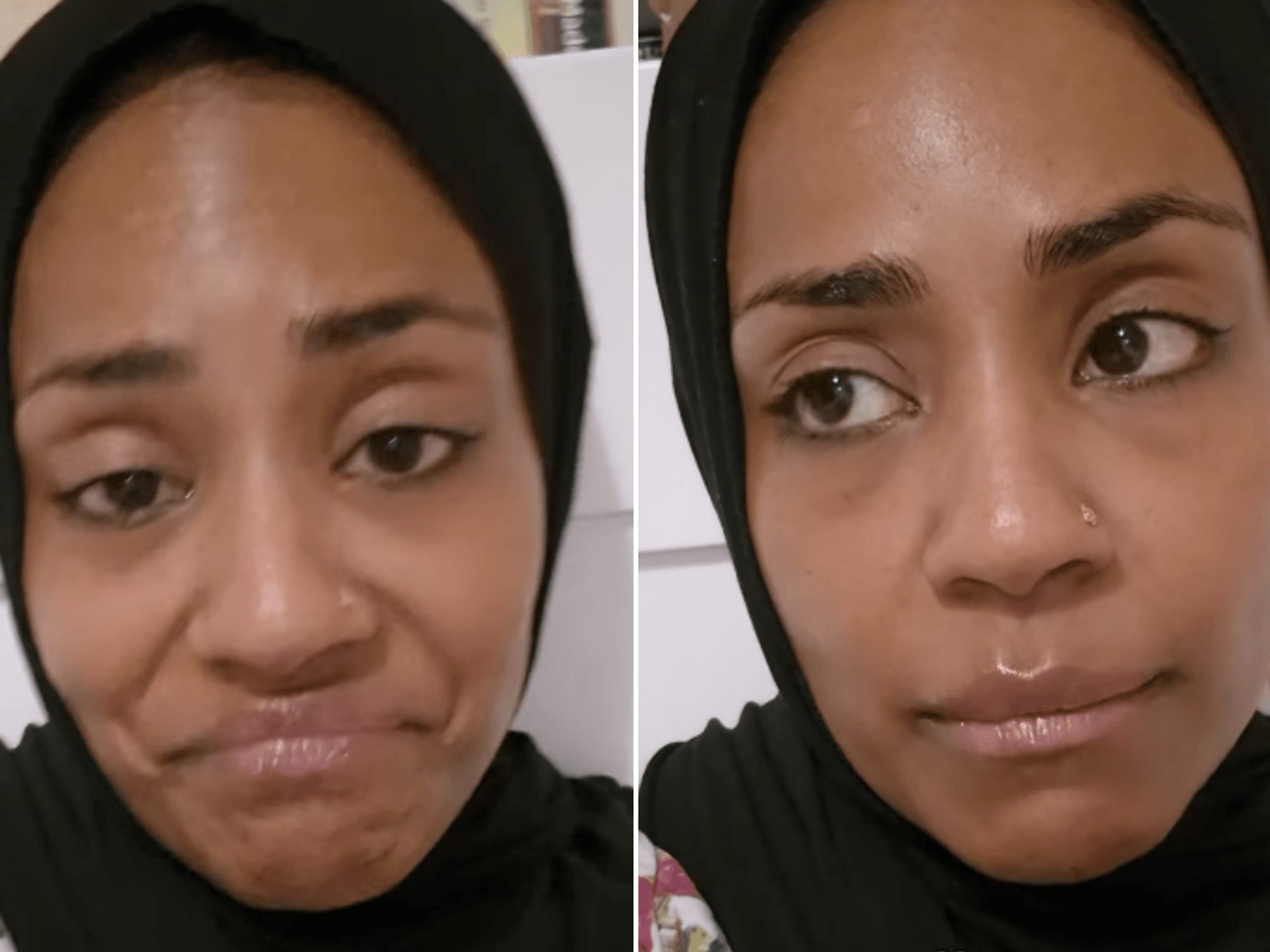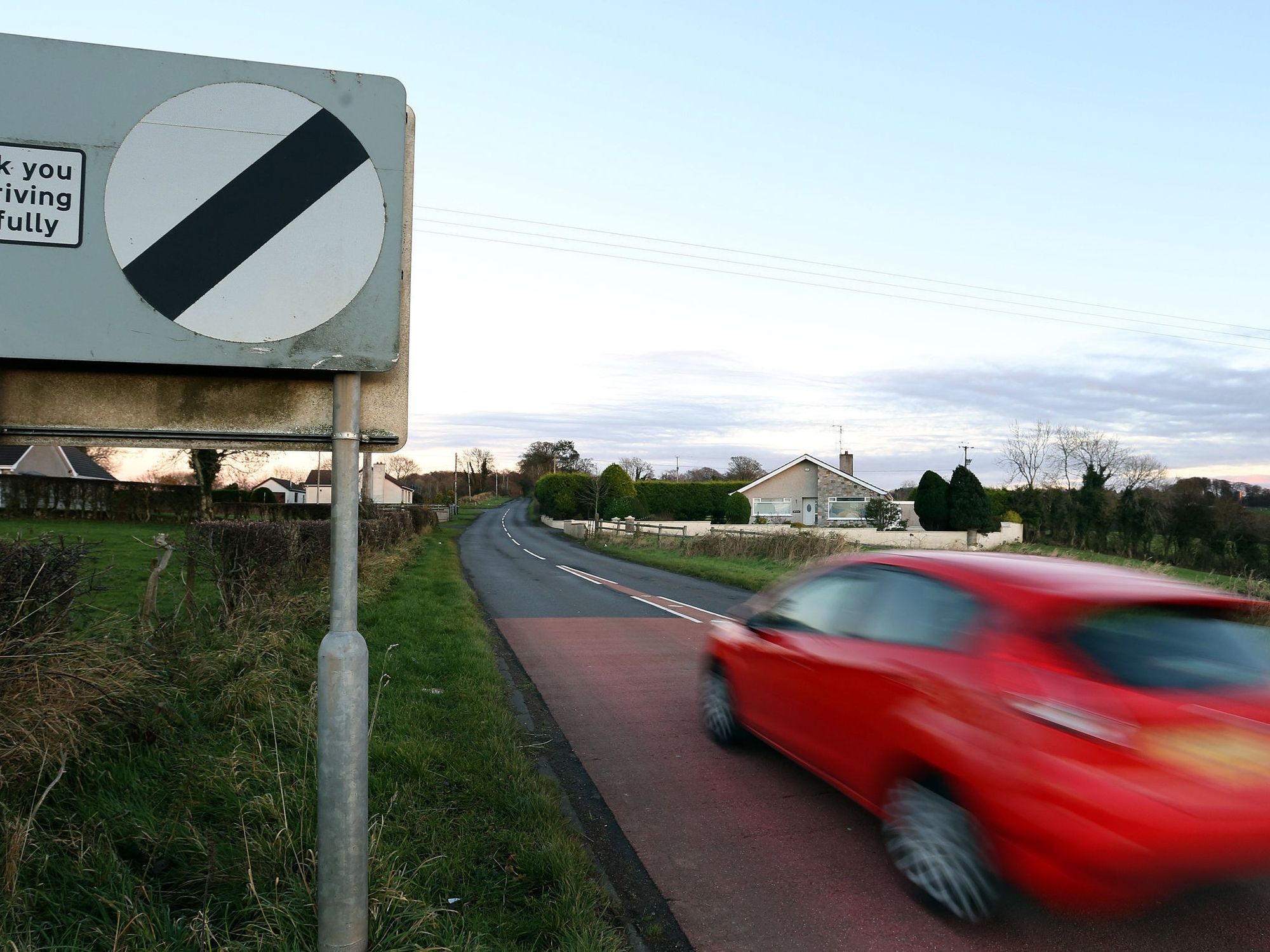Prince Albert of Monaco blocks abortion legalisation in rare constitutional move
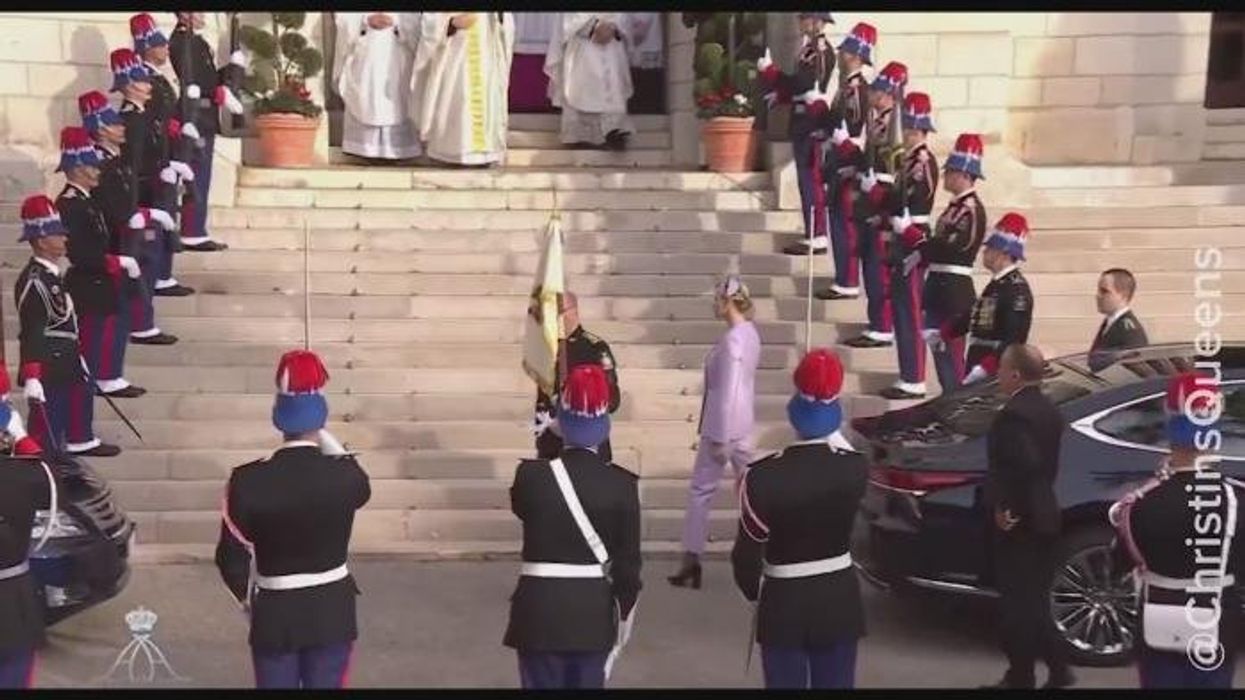
GB NEWS

The legislation also sought to lower the minimum age for parental consent from 18 to 15 years
Don't Miss
Most Read
Prince Albert of Monaco has exercised his constitutional authority to prevent abortion legislation from becoming law, despite overwhelming parliamentary support.
The 67-year-old sovereign has refused to grant his signature to a bill that secured passage through the National Council by a margin of 19 votes to two.
Monaco's constitutional framework grants the prince substantial executive authority, with legislative power divided between the sovereign, who proposes laws, and the National Council, which votes on them.
The prince's decision represents a rare deployment of his executive powers, blocking proposed reforms that would have fundamentally altered the principality's stance on pregnancy termination.
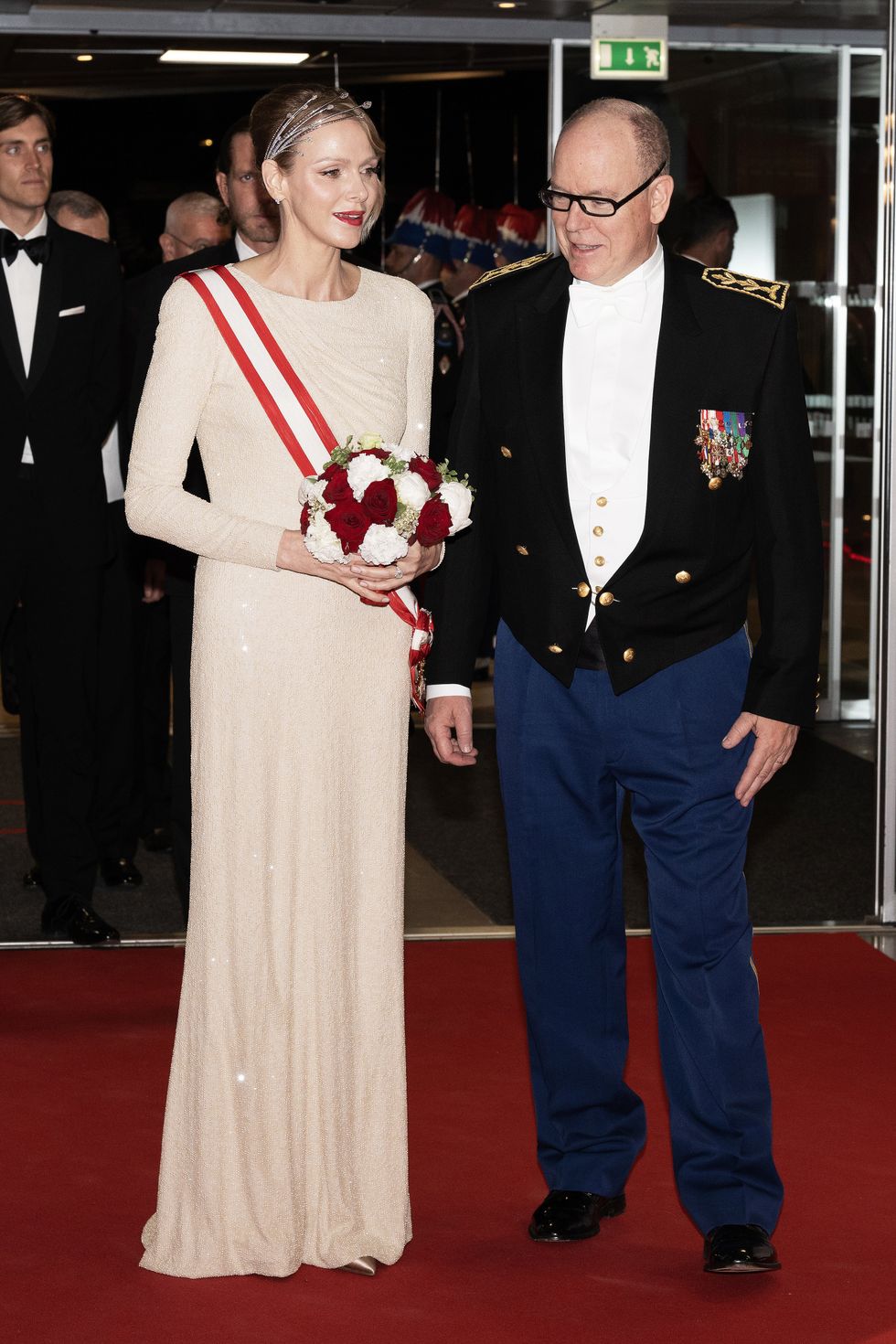
Prince Albert of Monaco blocks abortion legalisation in rare constitutional move
|GETTY
The parliamentary proposal would have permitted women to terminate pregnancies within the first 12 weeks, extending to 16 weeks for pregnancies resulting from rape.
The legislation also sought to lower the minimum age for parental consent from 18 to 15 years.
These measures would represent a significant departure from Monaco's existing legal framework on reproductive rights.
Prince Albert's refusal came after the country's legislative body had already approved the measures.
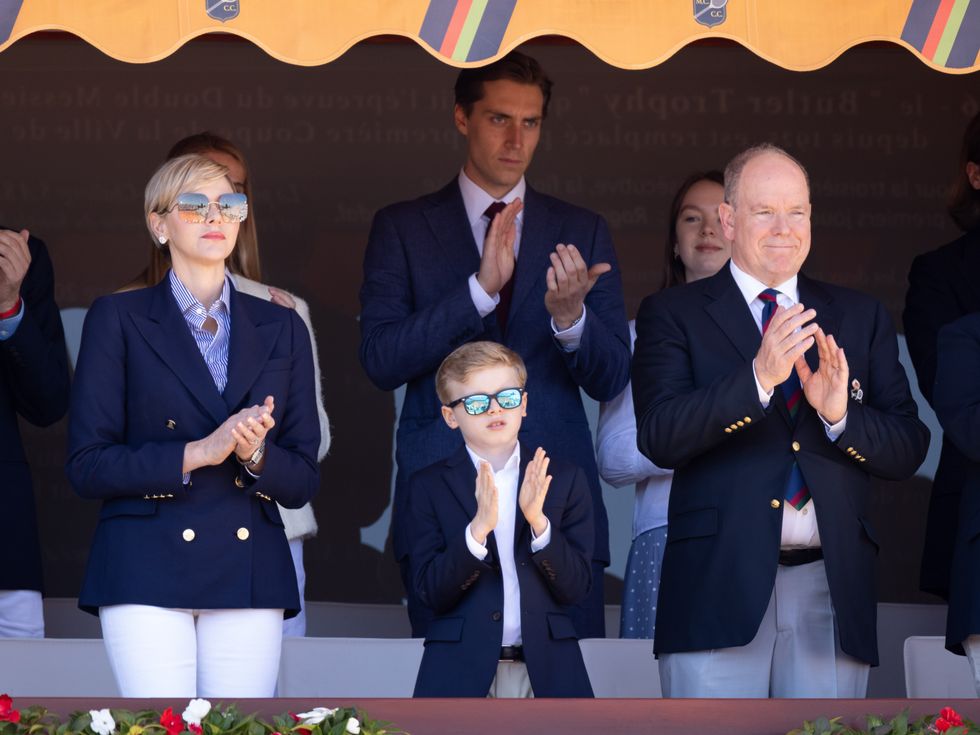
Princess Charlene and Prince Albert photographed with their son, Prince Jacques
|GETTY
The National Council's decisive vote in favour of the reforms reflected strong legislative support for liberalising the principality's abortion laws.
The sovereign's action was communicated to the National Council's president, Thomas Brezzo, through Minister of State Christophe Mirmand earlier this month.
Despite parliamentary backing, the prince's constitutional prerogative allowed him to prevent the bill's enactment, maintaining the status quo on pregnancy termination in the Mediterranean microstate.
The prince defended his decision by invoking the principality's religious heritage.
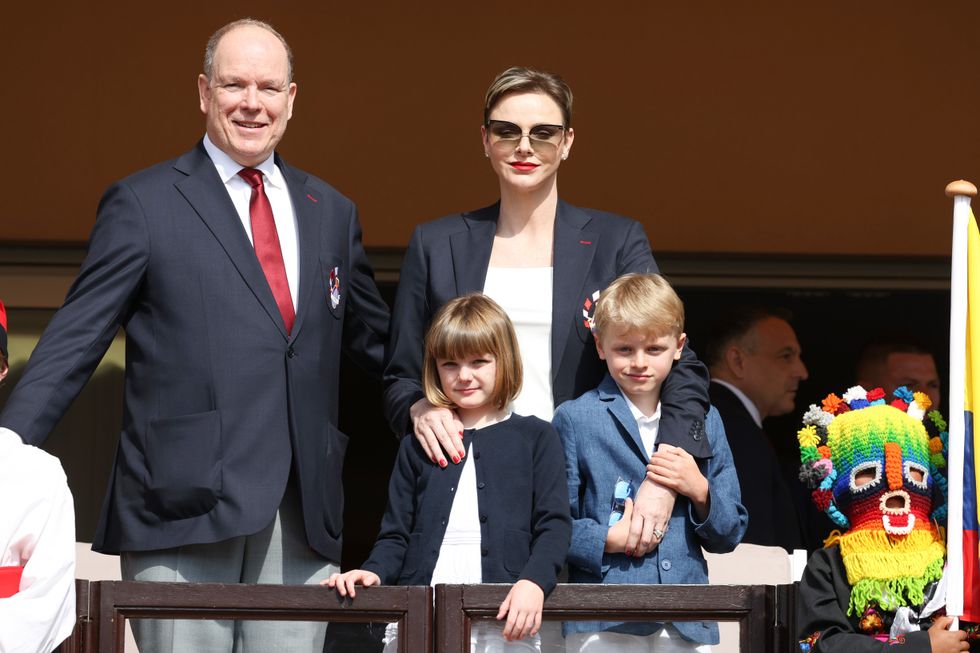 Charlene and Albert share twin children aged 10 named Princess Gabriella and Prince Jacques |
Charlene and Albert share twin children aged 10 named Princess Gabriella and Prince Jacques | GETTY
"I believe the current system expresses who we are, considering the role of the Catholic religion in our country, while ensuring safe and humane support," Albert told Monaco-Matin, a Monegasque daily newspaper.
The father of four acknowledged the contentious nature of the subject, stating: "I understand how sensitive this subject is, the emotion it can bring up."
His comments emphasised Monaco's Catholic character as central to his reasoning.
The sovereign's stance aligns with his position among Europe's Catholic monarchs, alongside Spain's King Felipe, Belgium's King Philippe and Luxembourg's Grand Duke Guillaume.
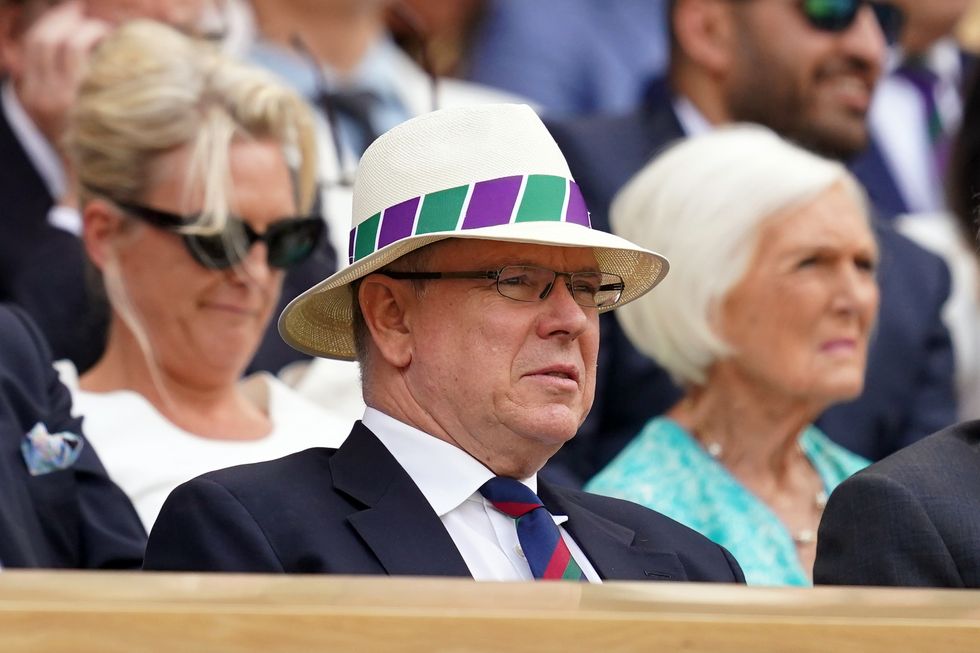 Prince Albert attending Wimbledon in the summer of 2023 | PA
Prince Albert attending Wimbledon in the summer of 2023 | PAPregnancy termination remains prohibited in Monaco except under specific circumstances: rape, severe foetal abnormalities or significant maternal health risks.
The principality decriminalised abortion in 2019, removing criminal penalties for women whilst maintaining its illegal status.
The Government stated at that time that the decriminalisation would provide "an appropriate response to the distress of a pregnant woman, who will no longer face punishment but will be listened to and assisted."
Officials also emphasised it would "preserve the fundamental value of an unborn child's right to life and the principles of the state religion."





